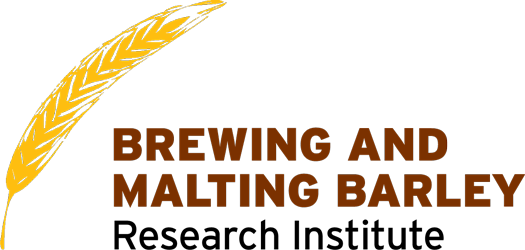Research
We do microbiology that relates to the sustainability and productivity of cropping systems. Some of our current study systems include:
Fusarium head blight of small grains
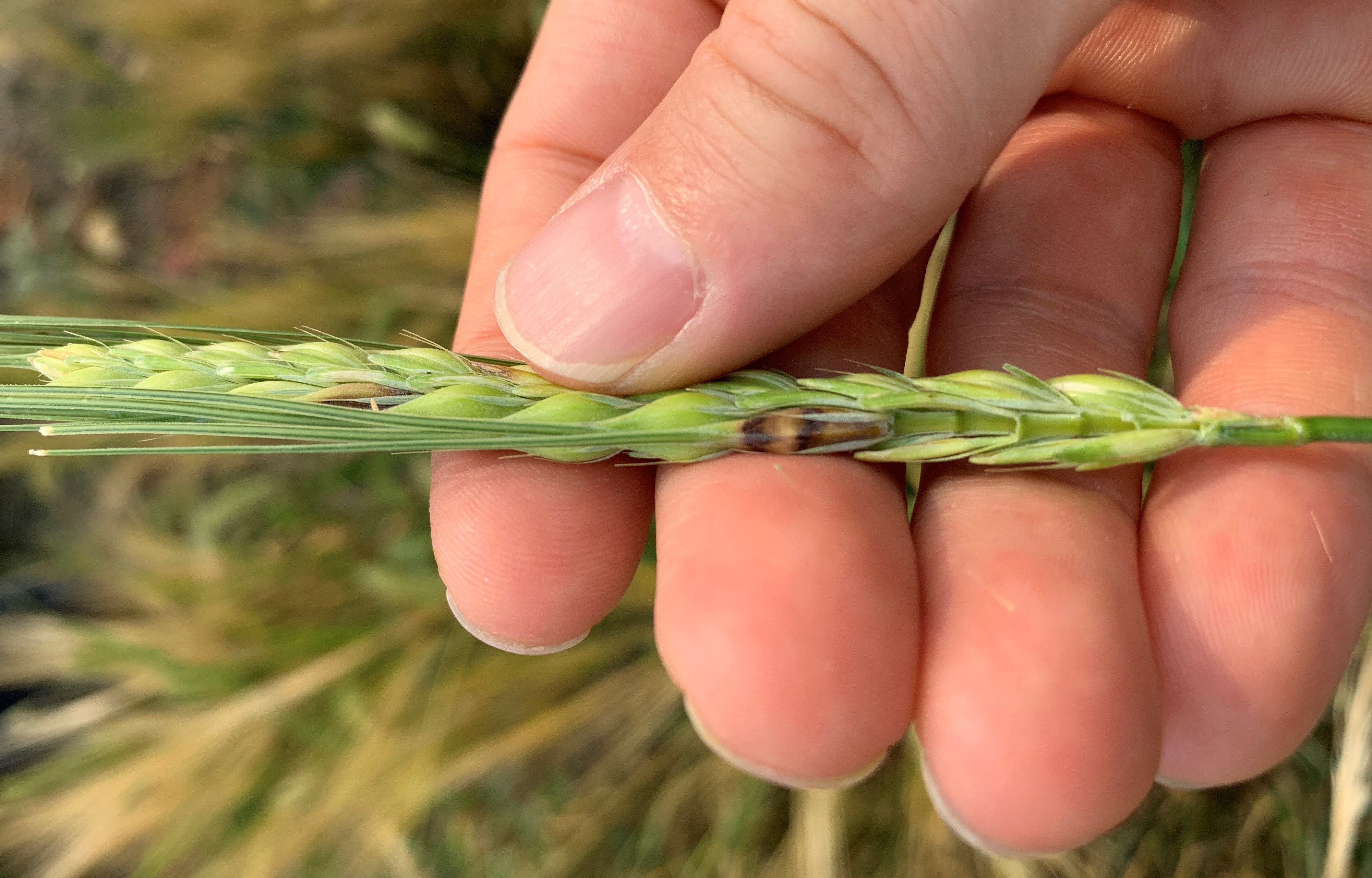
Fusarium head blight is an economically damaging plant disease that is associated with accumulation of hazardous mycotoxins in grain. We are aiming for an ecological understanding of the fusarium head blight pathogen and its interactions with cereal crops and with other microbes.
Fusarium head blight on barley
Interactions of soil bacteria with roots and fertilizers
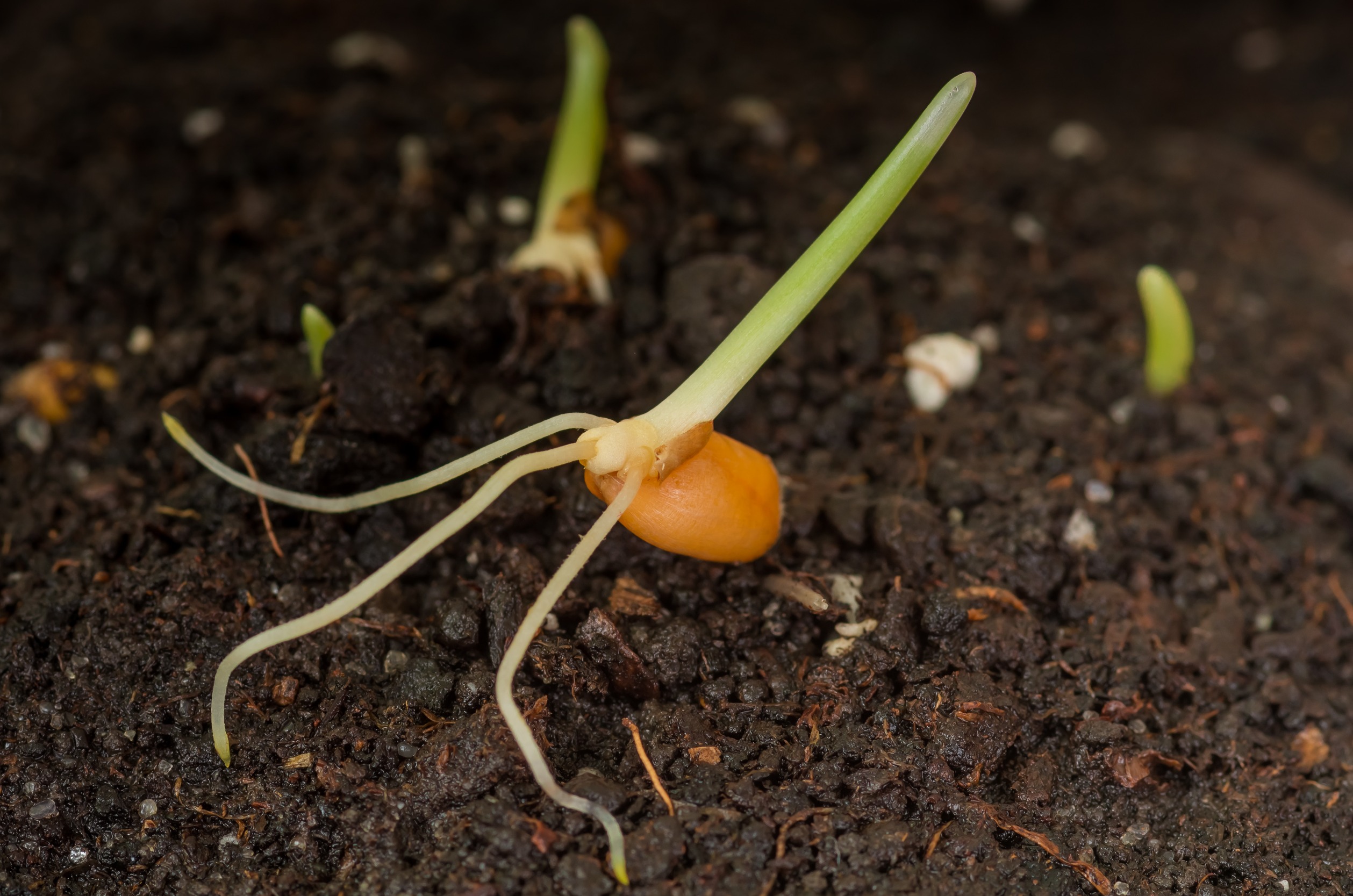
We are exploring interactions between soil bacteria and the roots of crop plants, aiming to understand how microbes that associate with roots influence root traits relevant to nutrient uptake. This is a collaborative project with Dr. Olivia Wilkins, Dr. George diCenzo and others. For more information, see the BENEFIT project website.
A young seedling with roots shown
Microbiology of malting
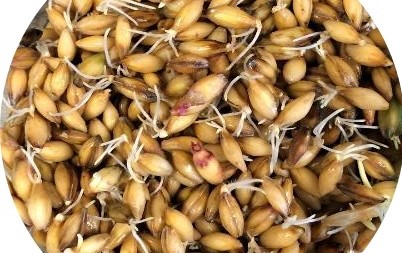
Malting is a process of controlled germination that is used to stimulate the production of enzymes that convert starch into fermentable sugars. There is also a lot of microbial activity that takes place during malting. We study various aspects of the microbiology of the malting environment, particularly with connections to the activity of Fusarium spp., which have been linked to some malt quality defects.
Germinating barley, with Fusarium growth evident as red colouration
Microbial detoxification of mycotoxins
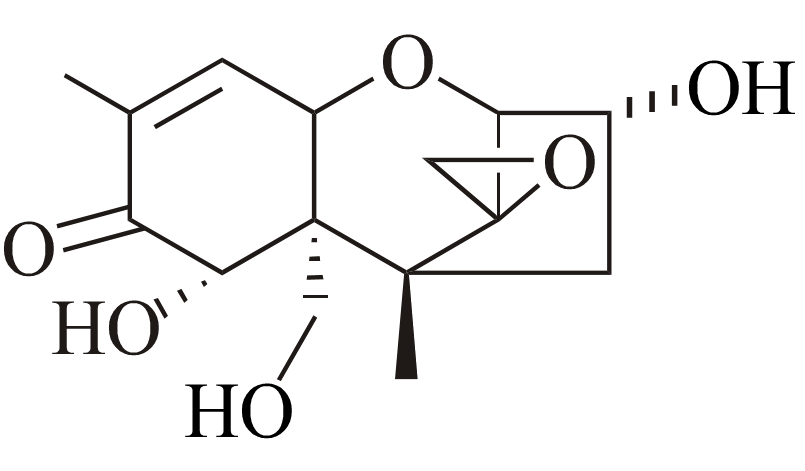
The amazing metabolic abilities of the microbial world are still largely unknown. We are doing our small part to uncover this vast potential by prospecting for microbes and enzymes that are able to chemically transform mycotoxins such as deoxynivalenol.
Chemical structure of deoxynivalenol
Soil microbes involved in fluxes of greenhouse gases
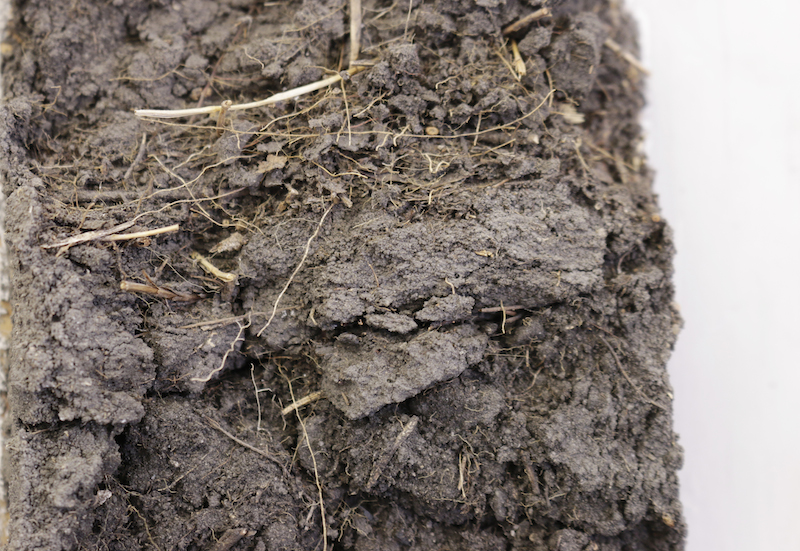
The production and consumption of greenhouse gases like nitrous oxide and methane is driven by microbial activities in soil. We are investigating the impact of agricultural management practices on these microbes. This work is part of a larger team project called Leveraging Ecosystems to transform Agriculture on the Prairies (LEAP).
Newdale; Manitoba’s Provincial Soil (U Manitoba photo)
Diseases of intermediate wheatgrass
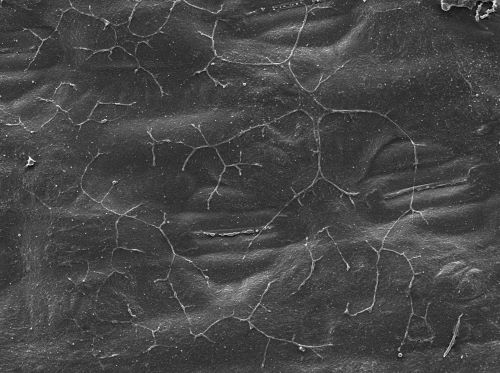
We study two diseases of intermediate wheatgrass, fusarium head blight and ergot, in collaboration with Dr. Doug Cattani and Dr. Kathryn Turner.
Fungal hyphae growing on the rachis of intermediate wheatgrass (Thinopyrum intermedium)
We gratefully acknowledge financial support from:












